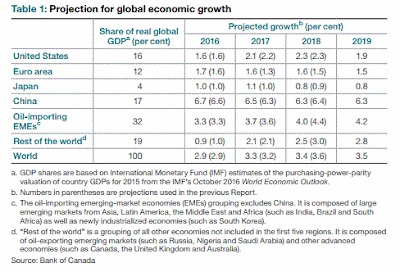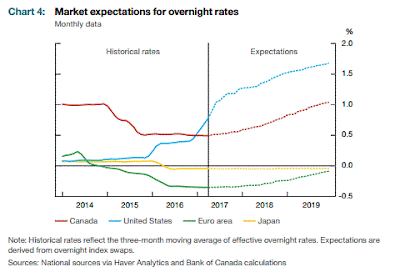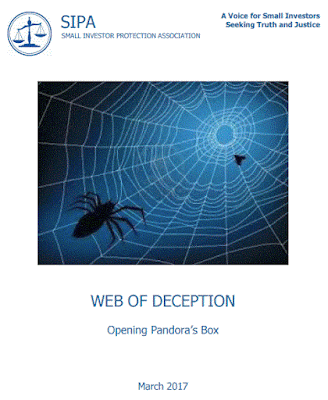Gap Widens Between US Economy And Stock Market
We have been showing the above chart on our weekly webinar (http://highrockcapital.ca/current-edition-of-the-weekly-webinar.html) for the last couple of weeks.
Today the US Commerce Department announced that US Q1 GDP rose at an annualized meager 0.7%, well below the Q4 2016 number of 2.1%.
Basically, the slowdown was a result of reduced consumer spending. The consumer, as you all may recall, represent about 2/3 of the US economy.
They had been a confident bunch, with consumer confidence peaking in March, but that did not translate into spending in the 1st quarter. Consumer confidence slipped in April.
Economists widely believe that there will be an improvement in the 2nd quarter (and beyond), but that would only narrow the economy / stock market gap marginally.
US stock valuations are running at about 20% above their 10 year average, something that hasn't been seen since the "dot-com bubble".
The benchmark All Country World Index (ACWI) that we use for measuring against our global equity performance consists of over 50% US equities, so all of this makes us a bit cautious.
There are plenty of positive emotions driving stock prices to their recent highs (known as the "Trump Trade") with all the promises (tax reform, deregulation and infrastructure spending) on the table. However the gap between when these promises are fulfilled and their eventual outcome (impact on the economy) are far from clear.
The longer it takes, the less confident the consumer may become.
Historically, shortly after consumer confidence peaks, a recession has ensued:
There are a great many moving parts to the current US and global economic outlook and this is just one, but it does give us pause.
When we look for value in the assets that we want to purchase, we try to identify risk, which is a very important aspect of the work that we do for our (High Rock) clients and ourselves (because we invest in the exact same assets as our clients).
If we see risk that we find unsuitable, we are comfortable remaining in a defensive posture towards investing (until risk moves lower and value returns). Cash and cash equivalent holdings are defensive assets.
When stock prices are at their highs, so is the risk that they will move lower in price. The gap between the US economy and stock prices tells us that risk is high (and value is low) in owning that particular asset class.
You don't always have to be "fully" invested.
Click on the link for:





























